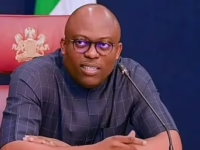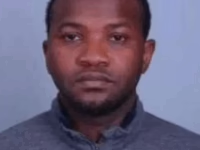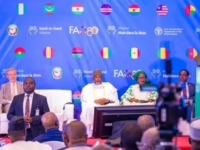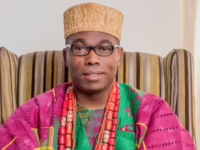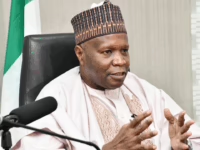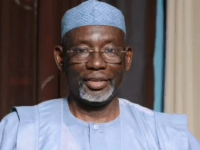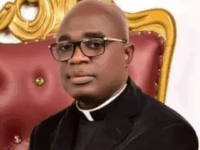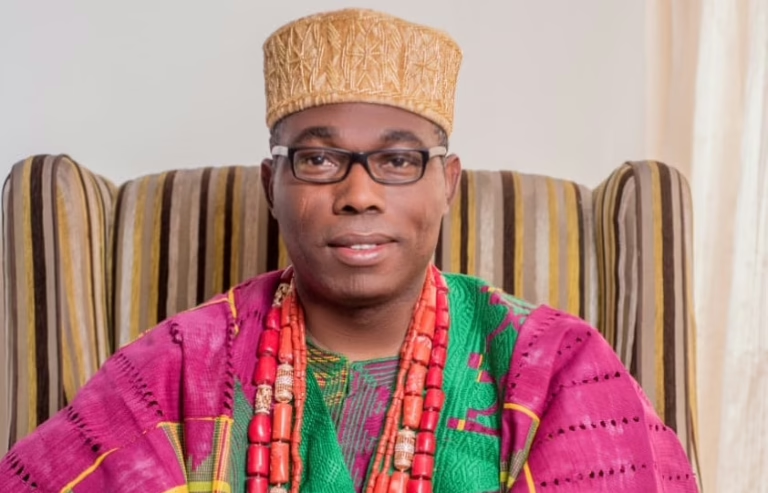Adewole Adebayo, the Social Democratic Party (SDP) presidential hopeful in the 2023 elections, has praised President Bola Tinubu for bringing a measure of stability to Nigeria’s economy, which he described as severely mismanaged during former President Muhammadu Buhari’s tenure.
During an appearance on Politics Today, a program broadcast by Channels Television on Tuesday, Adebayo likened the economic state left by Buhari to a sdp-adebayo/” title=”… Chieftain Adebayo Declares: "Tinubu Outshines Buhari with a Stronger Balance Sheet”>critically ill patient. He credited Tinubu with preventing a total economic collapse, although he noted that a full recovery remains out of reach.
“The economy inherited from President Buhari was in a state of severe mismanagement, much like a patient in an emergency room,” Adebayo remarked.
“President Tinubu has managed to stabilise this patient, but it’s unclear if he has identified the underlying illness. The patient is not on the brink of death, yet a definitive cure has not been found.”
Adebayo emphasized that while Tinubu has achieved progress in certain sectors, the deeper, systemic challenges that continue to hinder Nigeria’s economic growth have yet to be fully understood or addressed.
“The core problem affecting the economy remains unidentified,” he added.
RELATED: Tinubu returns to Abuja after 12-day foreign visit
“Acting like an emergency room physician, Tinubu has taken some measures-some of which have even worsened the situation-but he has also recorded a few successes in select areas.”
The opposition candidate also criticized Tinubu’s tax policies, referring to him as “a renowned tax collector,” a nod to Tinubu’s history of implementing tax reforms both as Lagos State governor and now at the federal level.
“It’s well known that President Bola Ahmed Tinubu has a reputation for rigorous tax collection. He applied this approach in Lagos and is now extending it to Abuja,” Adebayo stated.
In June, Tinubu enacted four significant tax reform bills aimed at overhauling Nigeria’s intricate tax framework. These laws are designed to simplify tax administration, ease the burden on low-income earners and small enterprises, and enhance compliance. The reforms are scheduled to be implemented starting January 1, 2026.
While acknowledging some immediate improvements under Tinubu’s leadership, Adebayo insisted that the administration must move beyond short-term fixes and focus on diagnosing and resolving the fundamental causes of Nigeria’s economic challenges.





